It has been a frustrating time for many people because of the Coronavirus that’s why you should stop worrying about COVID-19. It’s normal to feel anxious or frustrated over changes in your life as things change.
Every individual reacts differently, and it’s OK to feel this way. Most of us will get over these difficult emotions.
Taking care of our mental health and wellbeing is as simple as doing the following things.
Stop worrying about COVID-19
COVID-19 can affect your mental health and wellbeing, so following these tips can help you to stop worrying about COVID-19.
1. Stay in touch with people
A healthy relationship with someone we trust is essential for our mental health. It’s important to stay in touch, whether you’re connecting with old friends or seeing people you see frequently.
You can connect in many ways. Make a regular appointment to meet in person, talk on the phone, or have video calls.
Staying connected via social media is a good idea, but make sure to take regular breaks from them – and turn them off before bedtime.
2. Discuss your worries with someone
It’s normal to feel worried, scared, or helpless during the COVID-19 outbreak, as nothing like it has been seen before.
Sharing concerns with others you trust is OK – and may even benefit them as well.
There are many helplines you can try if you cannot speak to someone close to you or if that does not work.
3. Help others and support them
You can both benefit from helping someone else. Supporting someone by understanding their concerns, worries, or behavior is a great way to show you are there for them.
Identify ways you can help others. Could you regularly contact a friend or family member who lives close to you? Try calling or messaging them instead if you’re not local to them.
4. Maintain a healthy body
Mental wellbeing is heavily influenced by our physical health. A person may fall into unhealthy habits of behavior when they do not feel well, making them feel worse.
Be sure to consume enough water, exercise regularly, and eat well-balanced meals. Stay away from smoking and drugs, and limit alcohol consumption.
If you need to lift your mood and clear your mind, try going on a walk, run, or bike ride – or do a 10-minute workout at home.
Read: How to Avoid Alzheimer Disease
5. Focus on the facts
COVID-19 still seems to be circulating with lots of information, but sometimes it might seem overwhelming or contradictory.
You should always check the information you get from newsfeeds, social media, and others with a credible source like GOV.UK or the NHS website.
Don’t share anything without checking it against credible sources, and think about how inaccurate information could affect others too.
Limit your consumption of news and information about COVID-19, including on social media, by watching, reading or listening.
6. Be aware of difficult feelings
It is normal to be concerned about the COVID-19 outbreak. Yet, some individuals may suffer from anxiety that can interfere with their everyday lives.
Rather than trying to control everything, try to control the things you can control, such as what you do and who you speak to.
When you feel anxious about COVID-19, you can try some ideas to help manage your anxiety or listen to an audio guide if you find that constant thinking about COVID-19 is making you feel overwhelmed.
7. Do what you enjoy
When we are worried, anxious or feeling low, we may not be able to enjoy activities we usually enjoy. Practicing a favorite hobby, relaxing or connecting with others can help ease anxious feelings and thoughts.
Consider starting a hobby if you lack one right now. You can sign up for a club or find online tutorials and courses.
8. Focus on the present
It may be more beneficial to focus on the present rather than worry about the future when dealing with difficult emotions.
Relaxation techniques may be helpful for some people, and you can watch our video about mindful breathing when you are anxious.
Read: How to Help Someone with Hoarding Disorder
9. Get enough sleep
It’s important to get enough quality sleep to feel well mentally and physically.
Make sure you have regular sleep patterns and follow good sleep hygiene practices, such as avoiding screens before bed, limiting caffeine intake and creating a relaxing atmosphere.
More advice and support
If you’re struggling with your mental health, there are many things you can do and more resources available to you. We have lots more tips and specific advice on our pages about stress, anxiety, sleep and depression. You can talk to your child about Coronavirus if you’re a parent or caregiver.
Feeling low or anxious can cause physical symptoms that last for a short time. These symptoms, such as shortness of breath and feeling hot, may be misinterpreted as COVID-19 symptoms.
In such a case, it may be helpful to distract yourself. Try to find out if the symptoms you worried about are still present when you feel less anxious. If you still have concerns, you can visit Depressionals website.
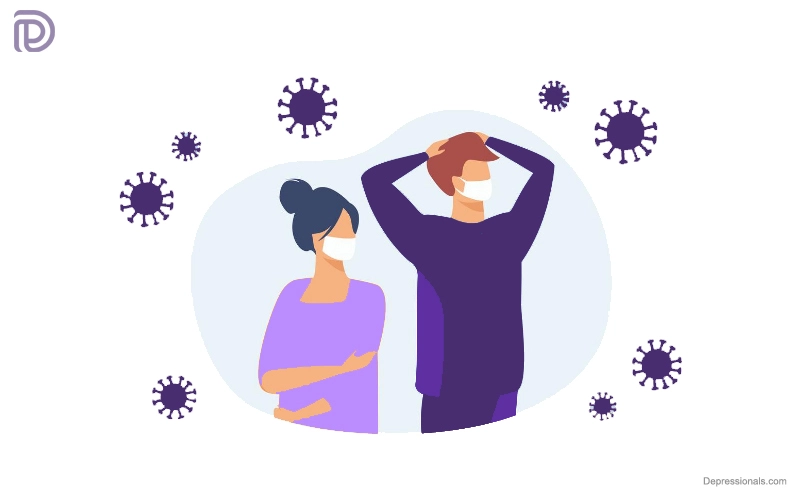
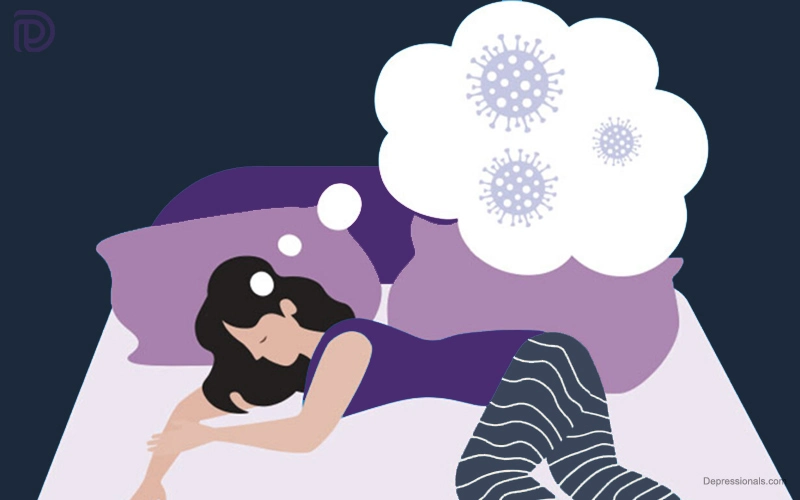
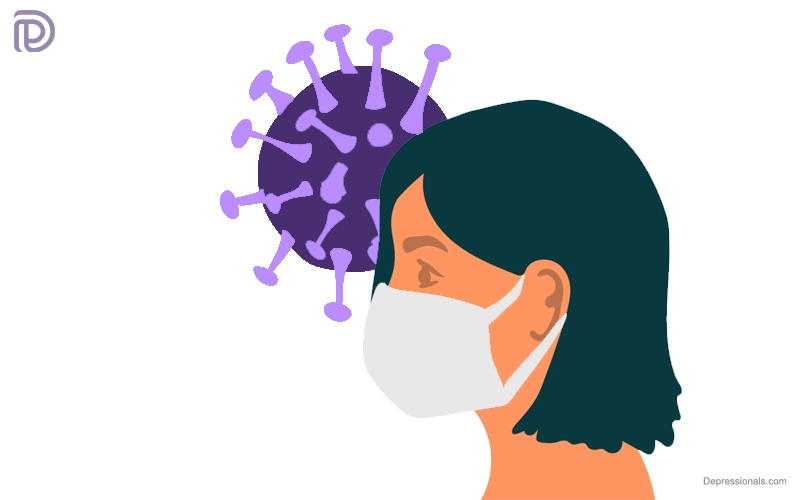
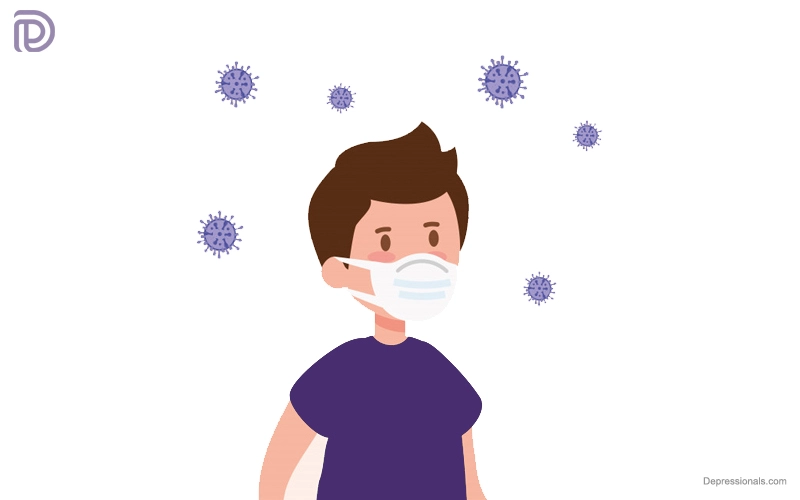
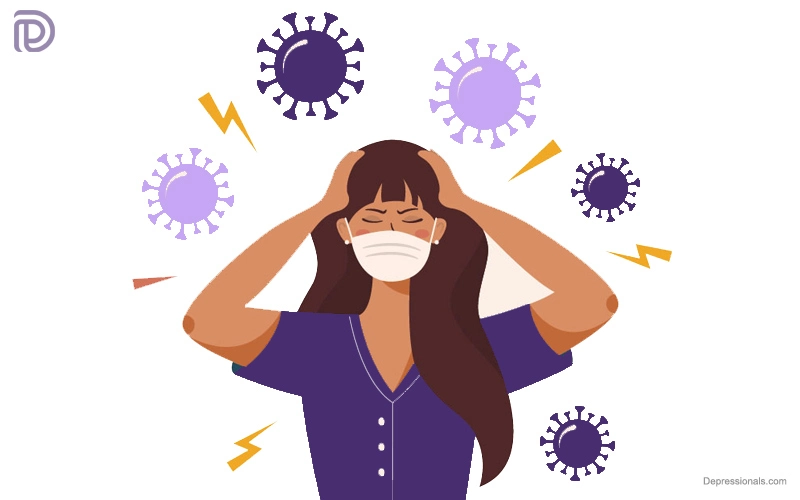

you’re in point of fact a just right webmaster. The web site loading speed is amazing. It sort of feels that you are doing any unique trick. Moreover, The contents are masterpiece. you’ve performed a great task in this subject!|
I am not real excellent with English but I find this real leisurely to interpret.
As soon as I detected this internet site I went on reddit to share some of the love with them.
Nice info thanks for sharing!